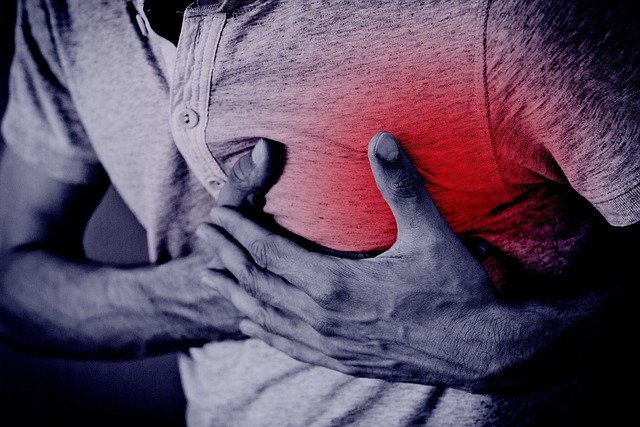COVID-19 can have significant impacts on the cardiovascular system, and studies have indicated that the virus can directly affect the heart and blood vessels. This can lead to various cardiovascular complications, including an increased risk of heart attacks.
Several factors may contribute to this rise in heart attacks among individuals recovering from COVID-19. Firstly, the inflammatory response triggered by the infection can cause damage to the blood vessels and increase the risk of blood clot formation, which can potentially lead to heart attacks. Secondly, the virus can directly affect the heart muscle, causing myocarditis or inflammation of the heart, which can disrupt its normal functioning and increase the risk of heart attacks. Lastly, the stress on the cardiovascular system due to the overall illness and the body’s response to the infection can also contribute to an increased risk of cardiovascular events.
It is important for individuals who have had COVID-19 to be aware of the potential cardiovascular complications and to take steps to maintain heart health. This includes following up with healthcare providers regularly, managing any existing cardiovascular conditions, adopting a heart-healthy lifestyle with a balanced diet, regular physical activity, managing stress, and avoiding smoking or excessive alcohol consumption.
If you or someone you know experiences symptoms of a heart attack, such as chest pain, shortness of breath, or discomfort in the upper body, it is essential to seek immediate medical attention. Prompt medical care can improve outcomes and potentially save lives.
Please note that the information provided here is general, and it’s always a good idea to consult with healthcare professionals or refer to reputable sources for specific and up-to-date information on medical matters.
